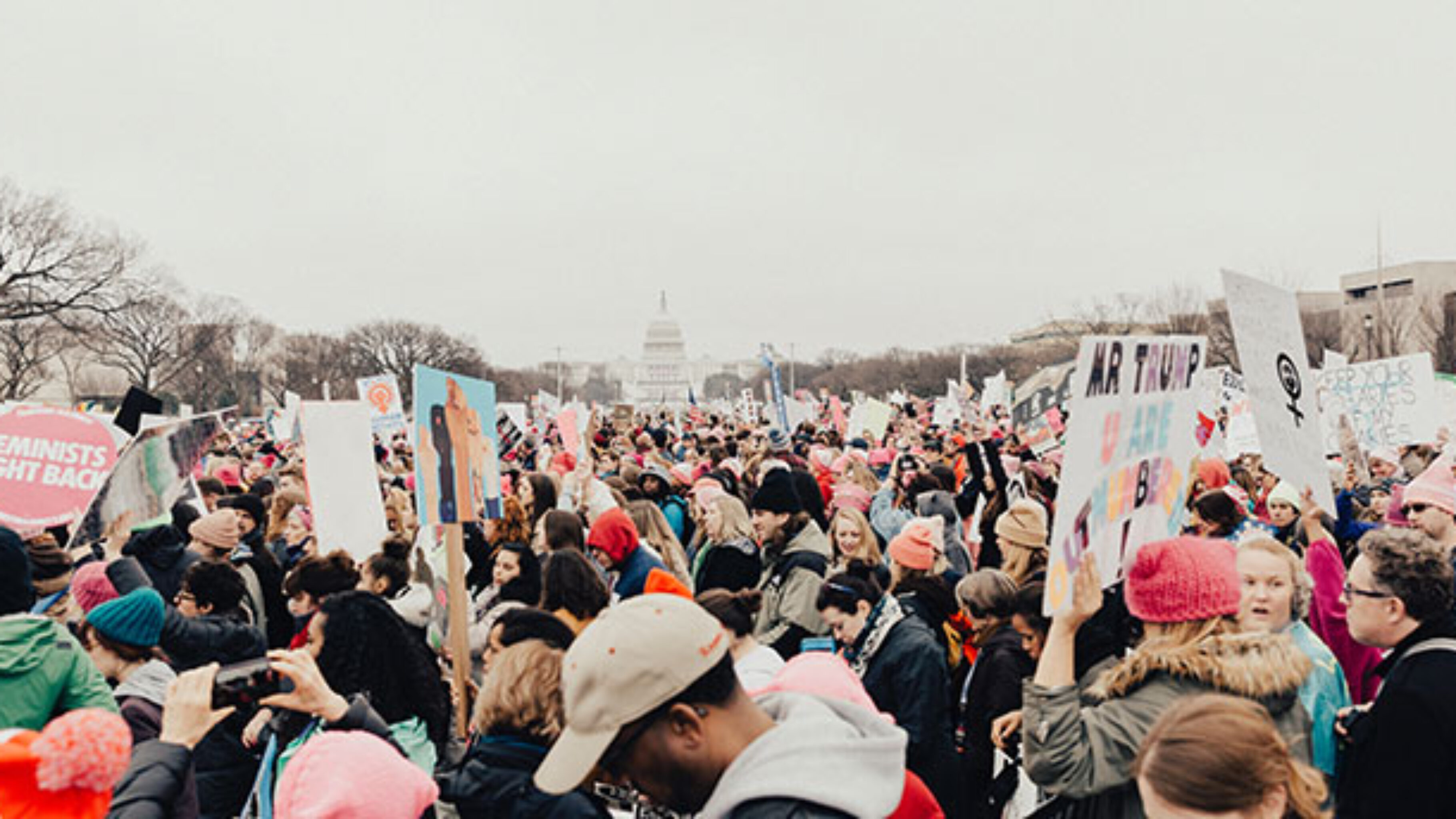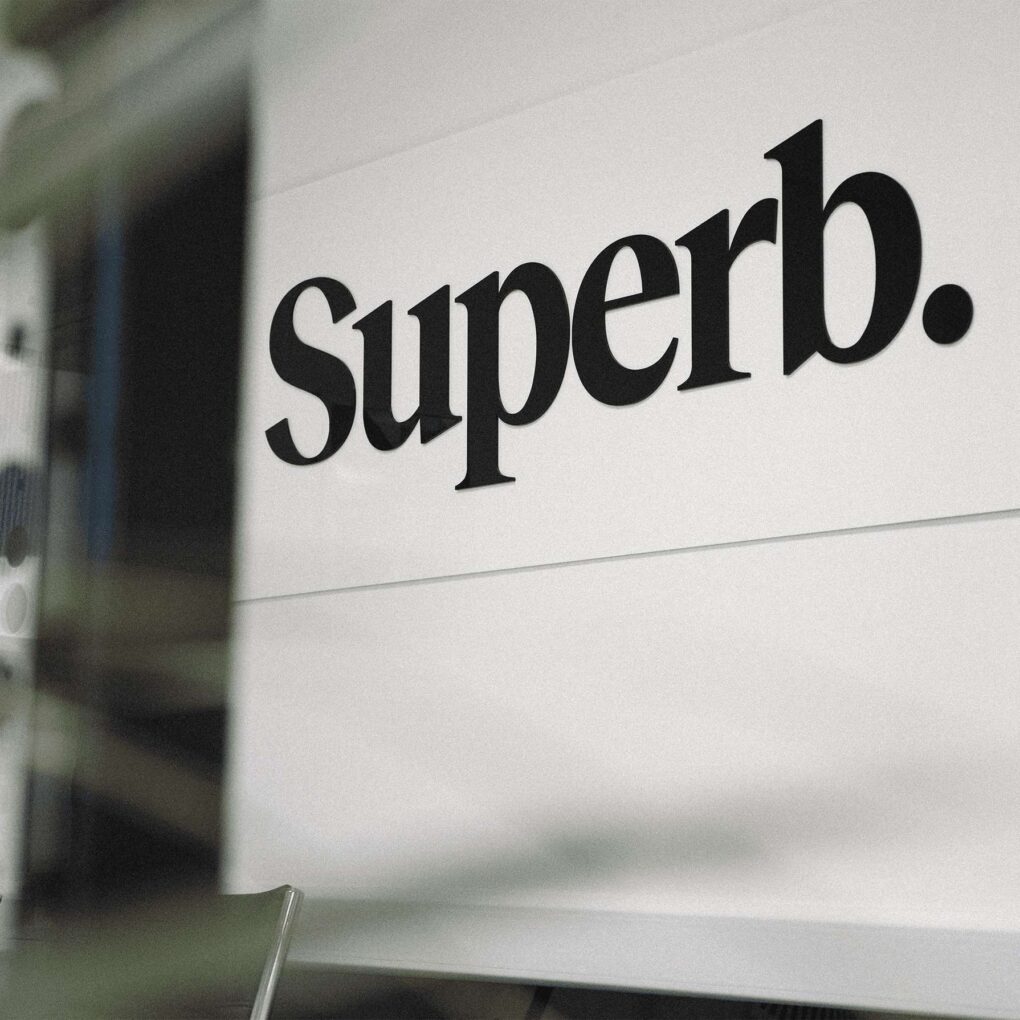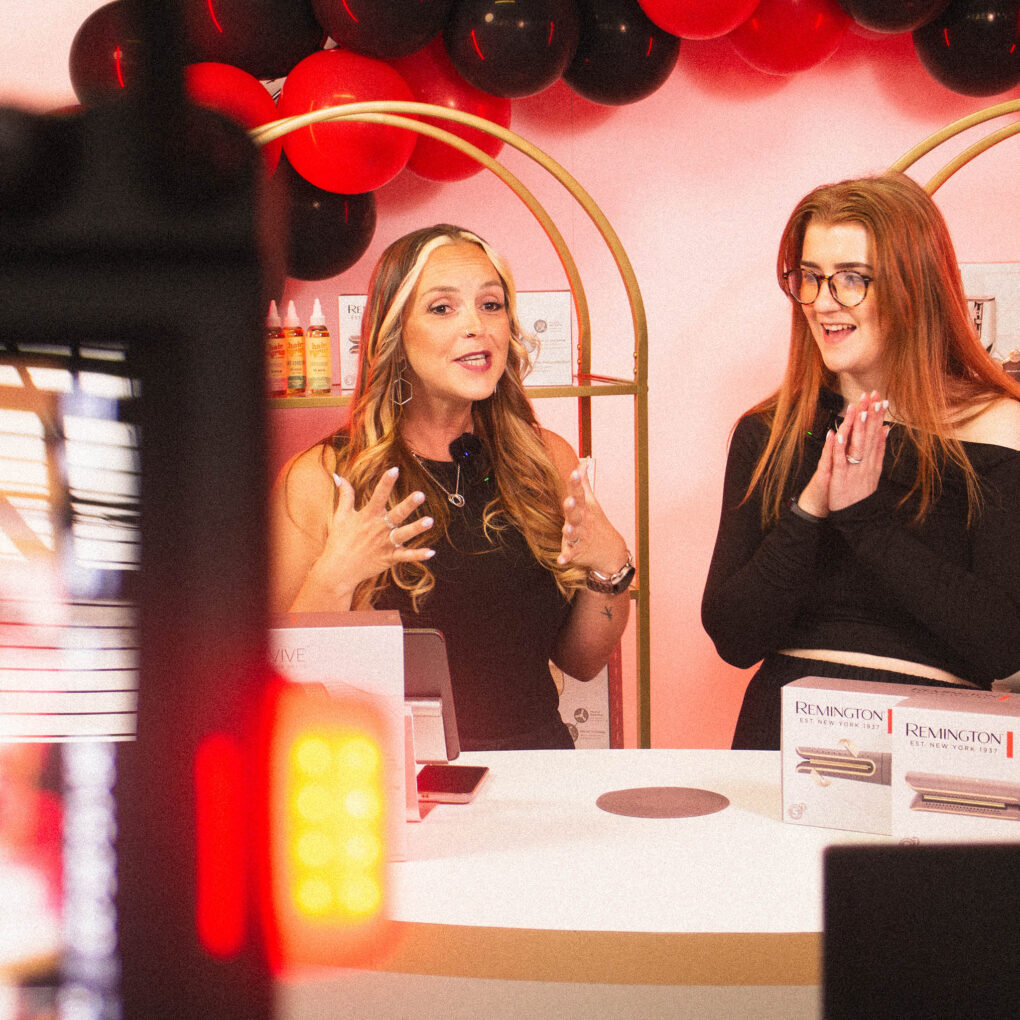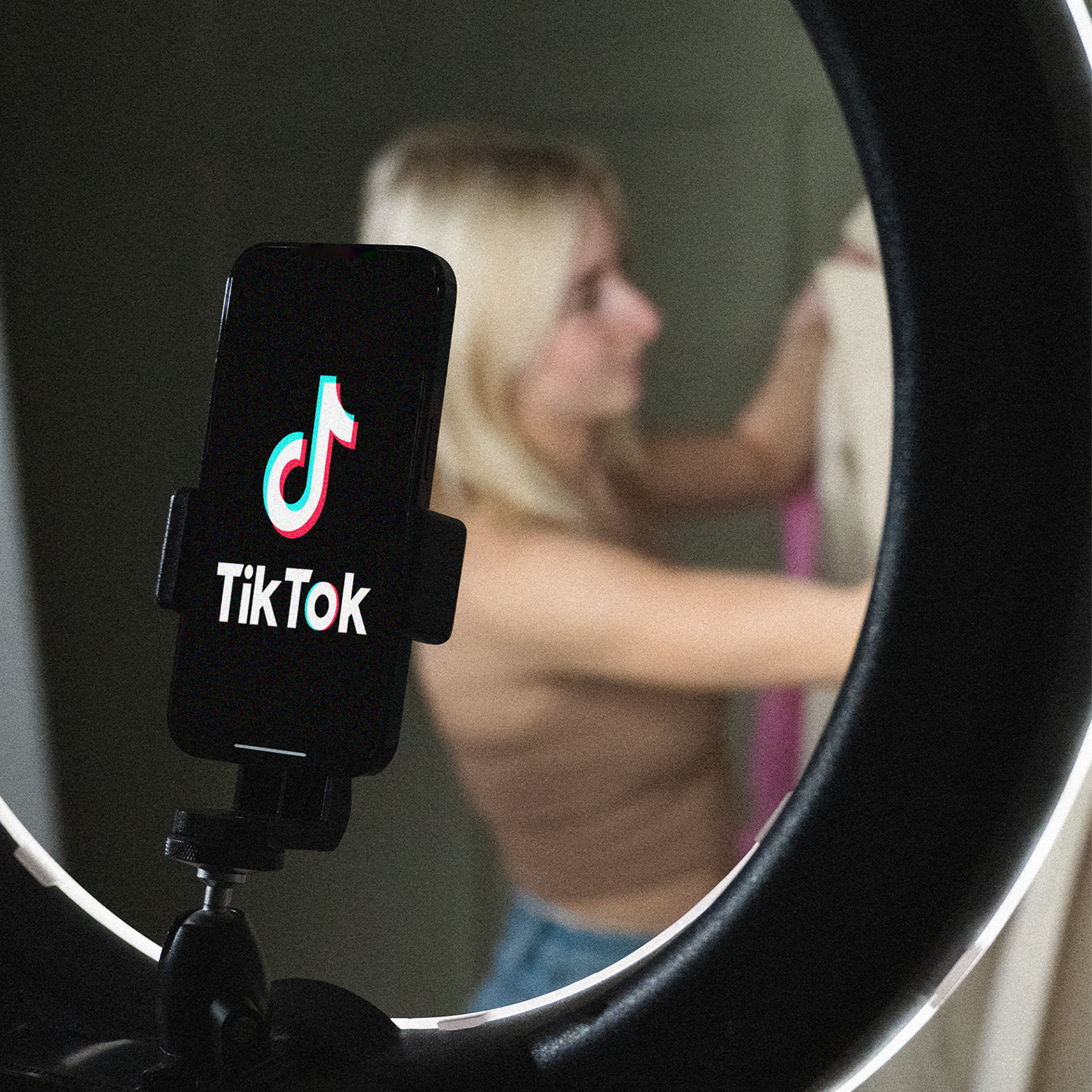We’re living in an age of heightened political awareness and arguably political engagement levels are stronger than they have been for decades. From Trump and Brexit to separatist movements and new ideologies springing up all around the globe, these are politically charged times and the commercial world cannot help but be affected by the change in regimes and in the global mood. How then are brands responding to this? And is it a good thing for brands to get swept up in the politics game? After-all it is a notoriously controversial sphere, that leaves a hard to erase legacy. Reputations are made and broken through political association. Is it safe for your brand to affiliate itself with anyone cause or issue?
Lately, in the United States, gender has become a key issue in relation to public bathrooms. Some states have outlawed the use of certain bathrooms by those individuals not born with the gender that corresponds to the gender outlined on the bathroom door of the public toilet they use. This means that transgender individuals, who have not had full surgery are not able to to use the bathroom which they feel suits their gender identity. The department store Target announced its plans to allow all individuals to use the bathroom that they feel most relates to their gender. This obviously caused furor in many conservative camps, but none the less endeared Target to a new, progressive consumer group. However much of Conservative America has significant financial reserves and in the case of Target, conservative Christians launched a boycott Target campaign, which saw successful results. Profits dropped significantly and proved Target’s uncharacteristic foray into politics to be miss guided and financially catastrophic.
Brands that take up a particular political position, often do so in response to their rivals behaviours. Often these so-called rivals are companies that are in opposition to the brand’s ethos and values and it seems like a natural move for brands to publicly oppose their rivals political stances by declaring support for opposing parties. After Donald Trump’s ban on Muslims entering the US, the CEO of Starbucks, Henry Schultz a long-time Hillary Clinton supporter, announced his intentions to hire 10,000 refugees over the next ten years. Given that some refugees are currently escaping majority Muslims countries, this signaled a strong opposition towards Trump. In his announcement, which was sent to Starbucks employees with the title, “Living Our Values in Uncertain Times”, Schultz echoed Starbucks’ brand values of Fair-trade, liberalism, and humanitarianism. Starbucks has long since struggled to cement this humanitarian brand image, so cynically one may assume that Trump’s travel ban and Starbuck’s subsequent refugee pledge, merely allowed for Starbucks to make up for lost time in their mission to appear more progressive. In response to Starbucks’s announcement, Utah company Black Rifle Coffee, a chain of coffee shops which oppose granting asylum to refugees, pledged to provide jobs for 10,000 army veterans. Given that Black Rifle Coffee already sells beverages to conservative, military supporting, rural based Americans, they were giving their audience what they wanted through their pledge. Thus they strengthened their rapport with their clientele.
In the present day, it is hard for brands to use politics as a tool to increase their sales. It is an incredibly controversial subject and because issues are so complex and nuanced, it is hard for brands to sum them up in succinct messaging. Political affiliations can cause brands to become victims of boycotting, where they stand to lose significant revenue. If your company is small and its consumers are a fairly homogenous group of people, it could be safe enough to include political leanings in your messaging. You will, in this case, be preaching to the converted and will be unlikely to cause much offense. Still, you cannot be guaranteed. You must really know your audience first. If you are a large company catering for huge cross sections of society, then you are bound to alienate or even worse offend some within your audience. Brand values are important, but they don’t have to be political or have a political affiliation, the broader and more universal they are is often better.








